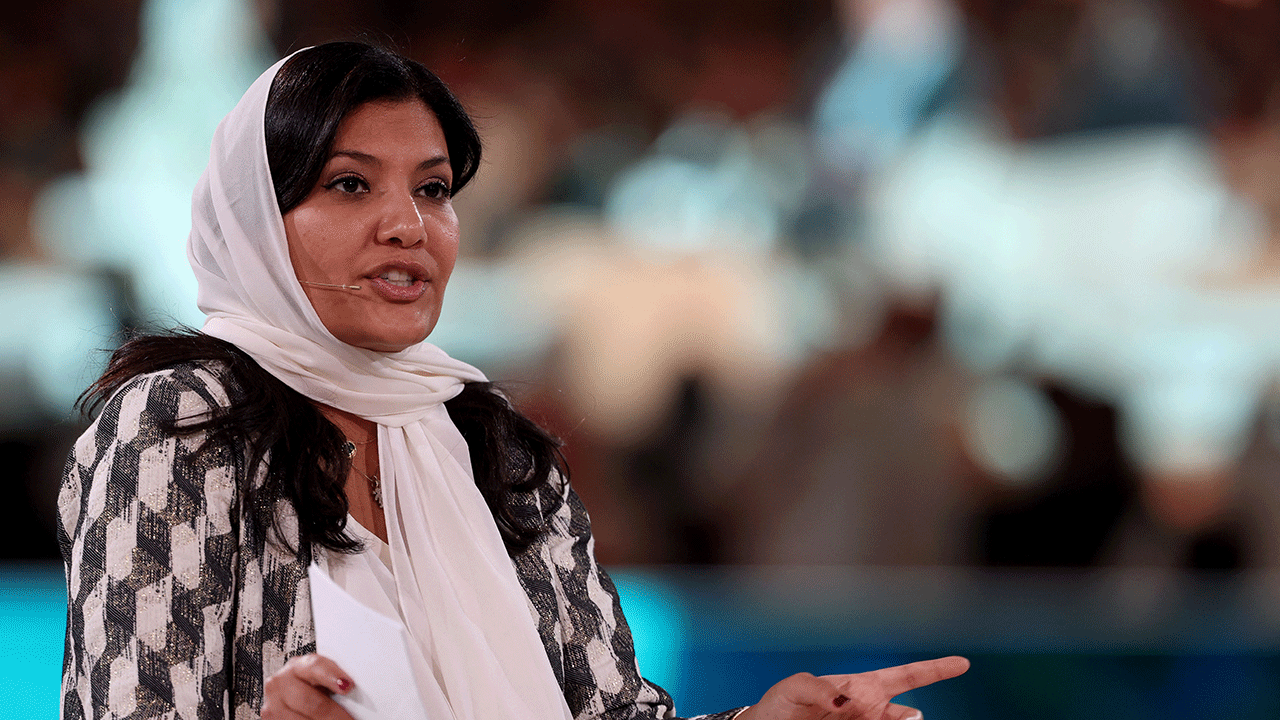Despite the 2006 U.N. Security Council Resolution 1701 aimed at disarming Hezbollah, the Iranian-backed terrorist group has rearmed itself and is now considered a significant threat to Israel. Experts blame the failure of UNIFIL, the peacekeeping force tasked with implementing the resolution, for the escalation in tensions.
For nearly nine months, tensions between Israel and the radical Islamic Shiite terror group Hezbollah in Southern Lebanon have been rising. This week, the U.S.-designated terror organization fired hundreds of missiles and rockets into northern Israel, prompting the Israeli military to respond with air strikes deeper inside Lebanon. The escalating conflict has raised concerns about a potential full-scale war between the two sides.
In an attempt to preserve calm and prevent further escalation, the U.N. Security Council passed Resolution 1701 in August 2006. The resolution aimed to disarm Hezbollah and push it back from Israel's border, establishing an "area free of any armed personnel, assets, and weapons" other than the Lebanese army and UNIFIL.

Hezbollah's Growing Threat to Israel: Can the U.N. Resolution Save the Day?
However, analysts and experts told Fox News Digital this week that the resolution has had the opposite effect. UNIFIL, the U.N. Interim Force in Lebanon, has been unable to prevent Hezbollah from rearming itself. Some estimates suggest that Hezbollah may have acquired as many as 150,000 missiles and rockets of various types and ranges since the resolution was passed.
Jonathan Conricus, a former Israeli military liaison with UNIFIL, said that the resolution "failed to prevent the military buildup of Hezbollah and it failed to prevent the conditions for a third Lebanon War, which we now see unfolding."

Hezbollah's Growing Threat to Israel: Can the U.N. Resolution Save the Day?
Conricus explained that Hezbollah used a combination of "soft" and "hard" power, including directly targeting peacekeepers, to render UNIFIL ineffective in its task. Instead, they created "a distorted picture of the reality on the ground whereby it appeared that the resolution was actually being implemented and that everything was okay."
In Israel, military intelligence and local residents have been warning for years that Hezbollah was rearming and moving its forces closer to the border. Despite these warnings, UNIFIL did not interfere with Hezbollah's activities.

Hezbollah's Growing Threat to Israel: Can the U.N. Resolution Save the Day?
A former member of the peacekeeping force confirmed that UNIFIL's role was not to fight and that over the past 18 years it "never interfered with Hezbollah." He added that UNIFIL even reduced its patrols along the Israel-Lebanon border to avoid confrontation.
Israeli officials expressed frustration with the U.N.'s failure to uphold the 1701 resolution. They pointed out that Hezbollah never stopped operating in southern Lebanon and that it has amassed its terrorists and weapons along the border in plain sight.

Hezbollah's Growing Threat to Israel: Can the U.N. Resolution Save the Day?
Michael Horowitz, head of intelligence for Le Beck, a Middle-East-based geopolitical consultancy, said that "it is obvious to everyone the resolution has failed." He noted that the resolution called for an "area free of any armed personnel, assets and weapons" other than the Lebanese army and UNIFIL, but that Hezbollah has maintained its presence in the designated buffer zone and along the border.
Dr. Eyal Pinko of the Begin-Sadat Center for Strategic Studies attributed the relative quiet on the Israel-Lebanon border over the past 18 years to external factors, such as Hezbollah's involvement in the Syrian civil war and its financial difficulties.

Hezbollah's Growing Threat to Israel: Can the U.N. Resolution Save the Day?
Despite the failure of Resolution 1701, President Biden's Special Envoy Amos Hochstein is attempting to mediate a diplomatic solution. He visited the region this week and met with Israeli and Lebanese leaders. However, he did not mention the resolution or the UNIFIL force in his public statements.
Jonathan Schanzer of the Foundation for the Defense of Democracies said Resolution 1701 "has only reinforced the absurdity of the U.N., and its ability to broker peace in the Middle East." He added that Hezbollah has never stopped operating in southern Lebanon and has even tightened its hold on the country over the last 18 years.

Hezbollah's Growing Threat to Israel: Can the U.N. Resolution Save the Day?















